11 Tips Before Traveling to Malta
Over the years, Malta has become a popular destination in Europe. Each year, the Maltese archipelago welcomes nearly 2.5 million visitors, drawn by its sunny climate, crystal-clear sea, and rich cultural heritage. If you’re planning to visit Malta, follow these recommendations and tips for a successful trip.
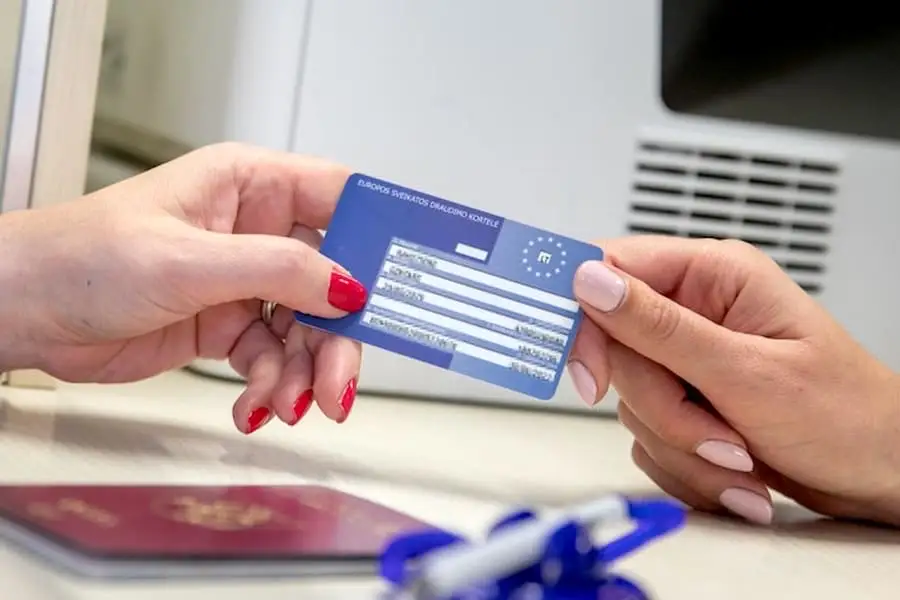
#1 Requesting the European Health Insurance Card Before Traveling to Malta
The Maltese archipelago is part of the European Union. For citizens of one of the 27 EU member states, as well as those from Iceland, Liechtenstein, Norway, and Switzerland, it is possible to benefit from the European social security system by ordering your European Health Insurance Card (EHIC) at least 15 days before your trip. For UK citizens, following Brexit, they now need to apply for the Global Health Insurance Card (GHIC), which provides similar coverage to the EHIC during their stays in the European Union.
For French-speaking individuals with French nationality, the EHIC can be ordered through the Assurance Maladie (Ameli) website. For those with Belgian nationality, the request is made via the website of the Belgian National Institute for Health and Disability Insurance. The European Health Insurance Card is free of charge and allows for 100% coverage in case of hospitalization, with no upfront costs. It is also available for minors attached to their parents' account.
However, be aware that the European Health Insurance Card does not replace travel insurance, as it does not cover private healthcare in Malta. To be covered, treatment must be provided by the public hospital service at Mater Dei Hospital. In case of a (serious) medical issue, you will need to go to the emergency department.
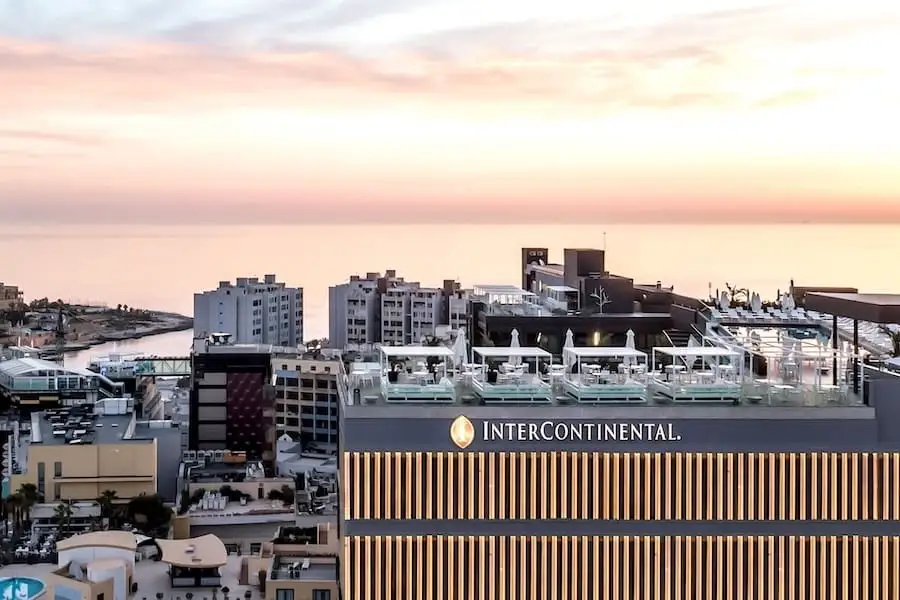
#2 Using an Online Platform to Book Accommodation
Whether you want to book a hotel in Malta, an apartment, or a homestay, always prioritize online platforms: Booking, Expedia, Agoda, etc.
Booking a Hotel in Malta
Using online platforms offers additional security and guarantees. Unpleasant surprises are less common, and in case of an issue, they can intervene with the hotelier.
The second aspect concerns room prices. The prices displayed on Maltese hotel websites are almost always higher than those offered on major booking platforms. This is partly because many rooms are pre-purchased by tour operators and resold individually. Agoda (part of the same group as Booking) generally offers the best prices for hotels in Malta.
Renting an Apartment in Malta
Be particularly cautious when booking an apartment or house in Malta. It is advised to avoid booking remotely directly with an owner without visiting the place first, and even more so to avoid sending a deposit before being on-site.
For short-term rentals, prioritize platforms such as Abritel, VRBO, or Airbnb, which have the advantage of providing reviews and user feedback, as well as centralized payments.
It’s important to know: landlords in Malta have a reputation for not always returning deposits, sometimes leaving travelers stranded at the end of their stay. If you rent an apartment, take pictures upon arrival to avoid disputes during the check-out inspection.
Finding Accommodation for a Language Stay in Malta
If you plan to be among the 52 000 students who come each year to learn English during a language stay in Malta, feel free to contact our team. We will help you find a school and accommodation, and you will also benefit from our support in case of any issues on-site.
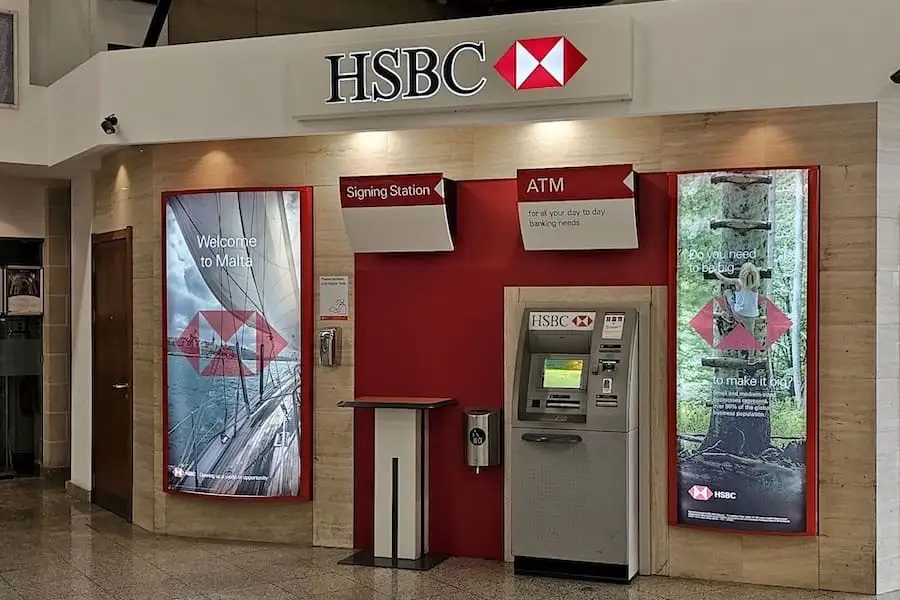
#3 Avoiding Unnecessary Expenses
Bank Cards and Fees in Malta
Before departure, we recommend opting for a bank card with free payments and withdrawals abroad. Once in Malta, always withdraw money from HSBC or BOV (Bank of Valletta) ATMs to avoid withdrawal fees.
You will see many small ATMs scattered across the island or in hotel lobbies. Be cautious when using them, as transaction fees can range between 3% and 5%. If you need to withdraw cash upon arrival in Malta, note that an HSBC ATM is available at the airport.
Additionally, we recommend downloading the Revolut app. This very popular payment app in the archipelago is free and allows you to make contactless payments at local businesses, exchange currencies, and even transfer money instantly between individuals.
Displayed Prices vs. Paid Prices
Whether in small or large supermarkets (Welbee's, Lidl, Scotts, Greens, etc.), always make sure to check your receipts. The prices displayed on the shelves do not always match the prices paid at checkout.
Displayed prices are not always updated, promotions are not always applied, and labeling is often inaccurate. To avoid surprises, check the prices on price-checking machines while shopping and review your receipt before leaving the store.
Cash for Small Purchases
When traveling around the Maltese archipelago, always try to have between 5 and 10 euros in coins.
For purchasing a bus ticket, a pastizzi, or a bottle of water on the street, try to have the exact change. Note that some shopkeepers or bus drivers do not accept banknotes, so it is best to be prepared. Some tourist activities can also only be paid for in cash, such as the boat tour of Blue Grotto. The expression "Cash is King" is still very much in effect in Malta.
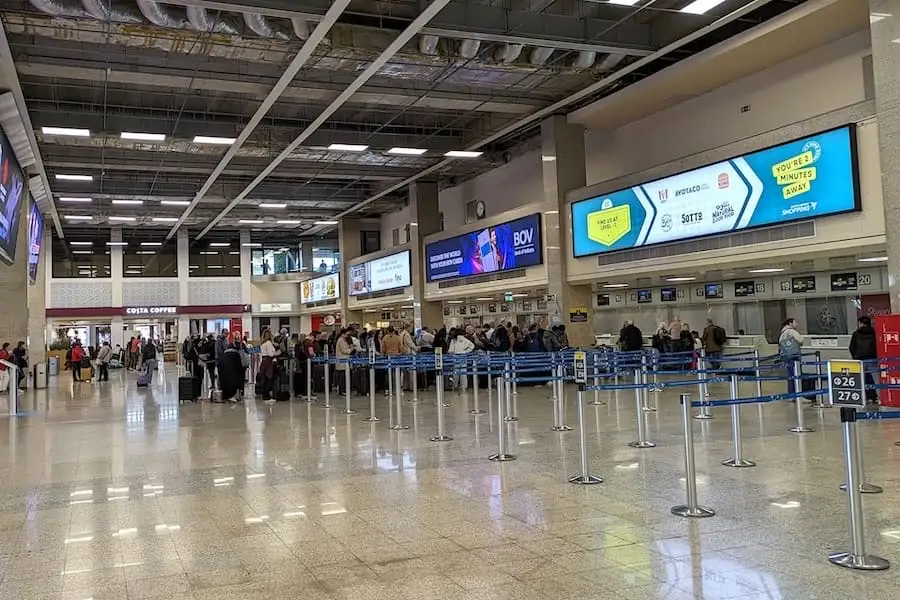
#4 Be Prepared Before Traveling to Malta
Essential Accessories to Bring
There aren’t many accessories to prepare before leaving for Malta. However, you will need to protect yourself from the sun and equip yourself accordingly. Malta also uses UK-style electrical sockets. We recommend bringing the following essentials to avoid any inconvenience upon arrival:
- A three-pin adapter so you can charge your devices as soon as you arrive
- Water shoes (barefoot-style or jelly sandals), essential for children
- A pair of sunglasses (category 3 or higher)
- SPF 50+ sunscreen (whatever the season)
- A hat or cap (to protect from the sun)
If you forget anything, don’t worry—these items are available in most supermarkets across the archipelago.
Clothing to Pack
Traveling to Malta means heading to a hot and sunny country. If you’re visiting between May and September, pack light—it will be hot, and you’ll likely spend most of your time in shorts (or a dress), even in the evening.
From October to April, temperatures drop, but they almost never fall below 10°C. There’s no need to overpack—there’s no snow or freezing temperatures to worry about.
However, Malta can be quite windy in winter and experiences sea storms. If you’re visiting during the colder months, bring a windbreaker or a jacket with a hood, and possibly a beanie if you have sensitive ears.
For sporty travelers, major sports brands such as Decathlon and Intersport have stores in Malta, so you can purchase gear on-site if necessary.
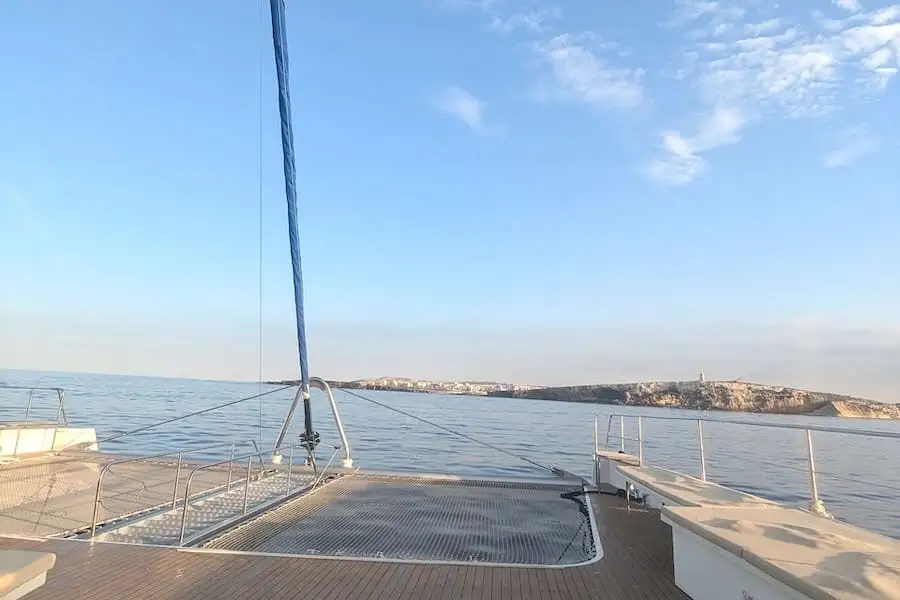
#5 Plan Your Visits and Activities in Advance
Whether you’re visiting Malta for a weekend or a longer stay, it’s highly recommended to plan and schedule your visits and activities in advance to avoid missing out and to prevent any unpleasant surprises.
Malta is full of places to discover: the Blue Lagoon, Valletta, Mdina, Gozo, etc. Some of Malta’s must-see attractions get booked up quickly during peak season.
We recommend browsing and booking your activities in advance via Get Your Guide or Viator, especially for water-based activities and guided tours. Also, make sure to book tickets for museums, temples, boat tours, etc., to avoid disappointment.
Consider going off the beaten path and visiting attractions during off-peak hours (early morning) to avoid crowds and experience authentic Malta.
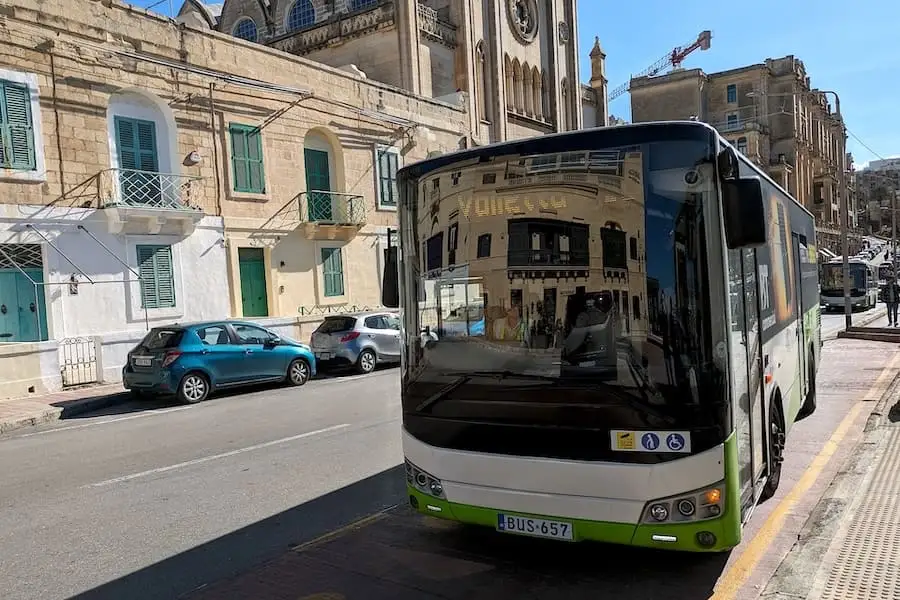
#6 Choosing Buses, Uber, eCabs, or Bolt to Get Around the Island
For getting around during your holiday in Malta, we recommend using the bus service (Malta Public Transport), which is the most affordable way to travel around the archipelago. If you’re staying for several weeks, it might be worth getting a Tallinja card.
We advise against using white taxi services. You’ll spot them parked in the most touristy areas, but they don’t enjoy a very good reputation. We recommend opting for one of the four private hire companies operating across the archipelago: Bolt, eCabs, Uber and Ryde.
These services require downloading an app but provide transport within five minutes anywhere on the island at prices cheaper than conventional taxis.
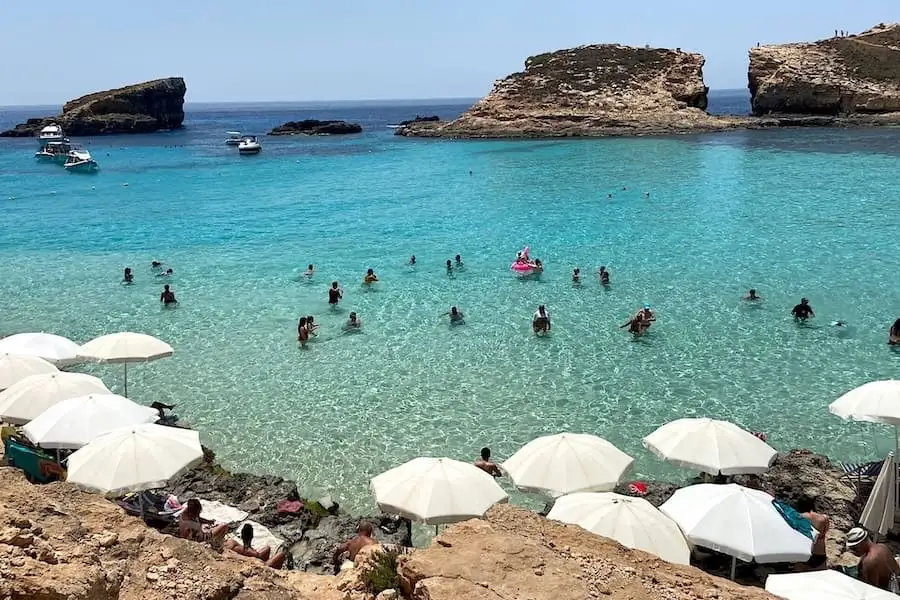
#7 Protecting Yourself from the Sun in Malta
The weather in Malta is one of the archipelago’s biggest attractions, but the Maltese sun requires caution. Ultraviolet (UV) radiation on the island is very high, especially during June, July, and August. In Malta, the UV index is almost always between 10 and 12 during the day, which is considered extreme.
Avoid sun exposure between 11 AM and 5 PM, as it can be dangerous. Prepare ahead of time by bringing sunglasses, SPF 50 sunscreen, hats, etc. Protect yourself as much as possible—your skin health depends on it.
Pay extra attention to protecting children and teenagers, who are more sensitive to the effects of the sun and may not fully understand the dangers.
Check the real-time UV index before heading out.
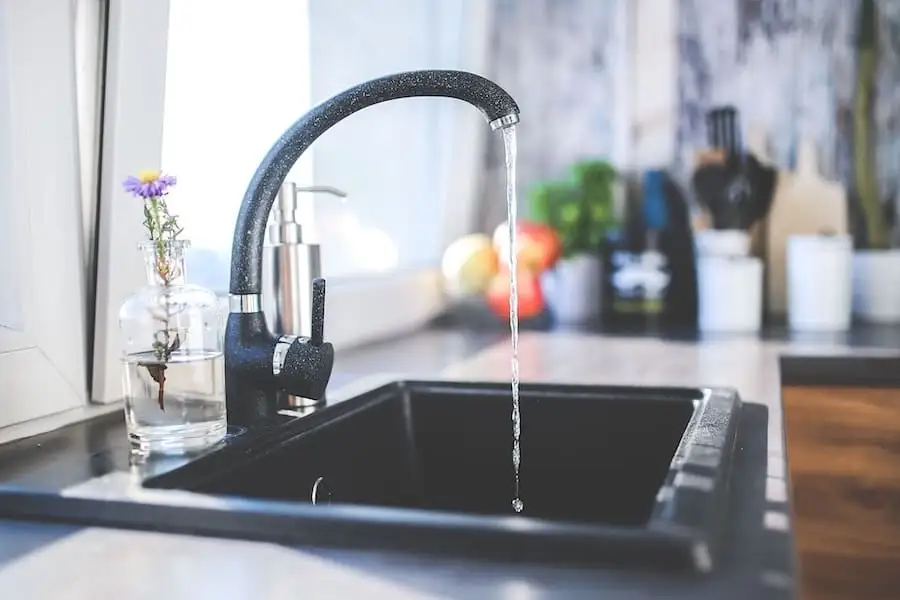
#8 Avoid Drinking Tap Water in Malta
Tap water in Malta is officially considered potable, but a significant portion of it comes from desalination. This process removes impurities but also alters the taste, making the water heavily chlorinated and often unpleasant to drink.
While it is perfectly fine for brushing your teeth, cooking, and washing, most visitors and locals prefer to drink bottled water.
Still Water vs. Mineral Water
If you're used to drinking bottled water in the UK or Ireland, you'll notice a difference in Malta. Instead of mineral water being the standard, the most commonly available option is "Still Water" or "Table Water." Brands like San Michel, Kristal, and Fontana dominate the market, but they contain very few minerals, including low levels of calcium and magnesium.
For those who prefer proper mineral water similar to what you'd find in the UK or Ireland (e.g., Evian, Highland Spring, or Ballygowan), look for bottles labeled "Naturale Water." However, these tend to be pricier and less common. Some recognizable international brands, such as Rocchetta, San Benedetto, Acqua Panna, and Sant'Anna, are available in supermarkets.
For a good balance of affordability and quality, Saguaro, the house brand at Lidl Malta, offers a decent mineral content at a reasonable price.
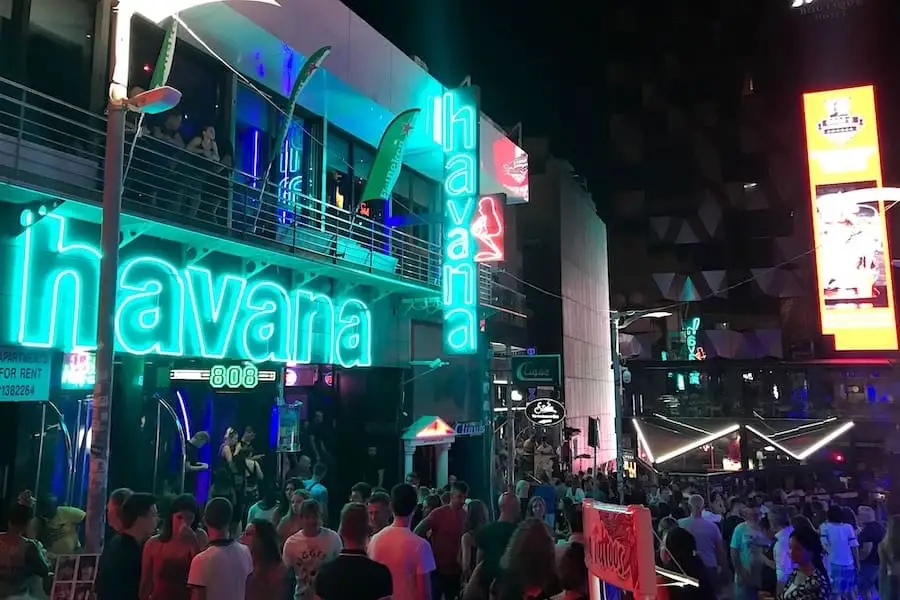
#9 Be Cautious in the Nightlife Districts of Paceville and Buġibba
Malta is a country with a high level of safety, with a safety ranking placing it among the top 20 safest countries for travelers, far ahead of other major European nations such as France, Belgium, or the UK. However, increased vigilance is recommended in the island’s nightlife districts to prevent mishaps.
Paceville, Malta’s lively and notorious nightlife district, is a must-visit for young people aged 17 (the legal drinking age in Malta) to 35. Be cautious, as incidents are frequent in Paceville! Buġibba has also seen several incidents in recent years.
Like in many party areas, crowds, alcohol, and loud music create an environment ripe for pickpockets and opportunists.
Always check the amount on the payment terminal when using a credit card. Ideally, avoid bringing your bank card altogether. Keep an eye on your phone and don’t leave it on a table or bar counter.
Given the high noise levels in clubs, we strongly recommend using earplugs to prevent tinnitus, even if they don’t look stylish.
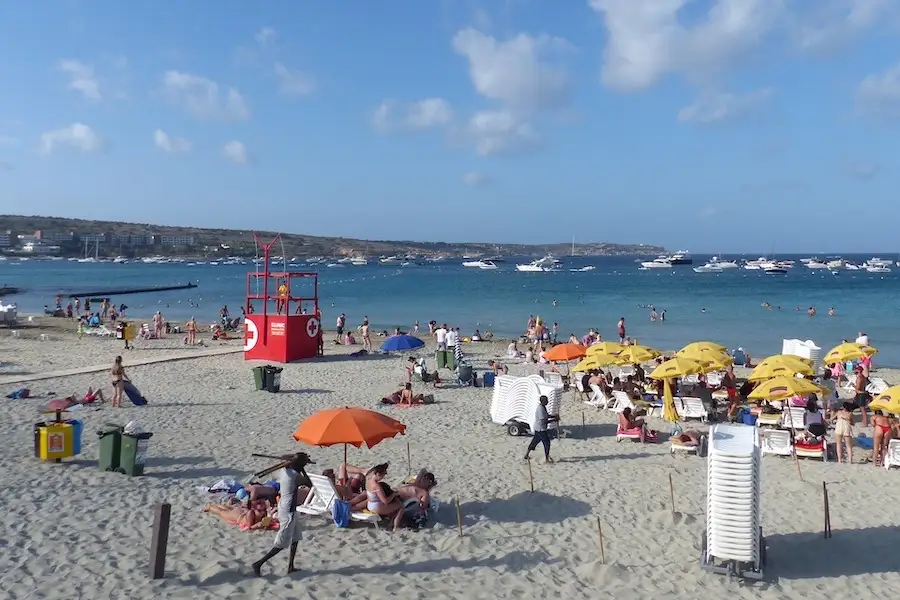
#10 Respecting Beach Flag Warnings
Malta, surrounded by the Mediterranean Sea, is an exceptional destination for enjoying the coastline, swimming, and water activities. However, to ensure a safe and enjoyable stay, it is crucial to respect the beach flag warnings. Follow the golden rule: only swim in Malta when the green flag or the red-and-yellow flag is displayed.
Meaning of Beach Flags in Malta
- Red and yellow flag: Indicates a designated swimming area supervised by lifeguards. These areas are recommended for families.
- Green flag: Means the swimming area is calm and safe.
- Yellow flag: Signals moderate risk. Swimming is allowed, but caution is advised due to waves and currents.
- Red flag: Indicates a high risk. Swimming or water activities are not advised due to strong waves or currents.
- Purple flag: Warns of dangerous marine animals, often jellyfish (jellyfish).
- Double red flag: Means swimming is strictly prohibited, usually due to water pollution.
Never swim when the purple flag is displayed—it signals a high presence of jellyfish. Stings from some species (Mauve Stinger, Portuguese Man o’ War, Moon Jellyfish, etc.) are very painful and can leave marks for months.

#11 Respecting Local Customs and Traditions
When traveling abroad, it is essential to respect local customs and behave respectfully. This naturally applies when visiting Malta.
A trip to Malta often means long-awaited and well-deserved holidays. However, some travelers indulge in a certain "carefree" attitude, disregarding the norms of decorum.
Being abroad might give the illusion of impunity, but be aware that Malta has a different reality—authorities in Malta are strict with tourists.
For a successful trip to Malta, simply maintain a decent attitude. Be polite, respect the rules, be patient, dispose of your trash properly, avoid excessive noise, etc. These are all basic principles of courtesy and good manners.
Also, remember that this small island nation has a deeply rooted Catholic tradition, with a high percentage of practicing believers. Avoid behaviors that could be seen as offensive to Christian morality to prevent drawing disapproval from locals.
Additionally, avoid discussing political topics with Maltese residents. Malta is a highly politicized country, with half the population often opposing the other on major political issues, even within families. Topics such as corruption, the assassination of journalist Daphne Caruana Galizia, or government policies should be avoided in discussions with Maltese people.